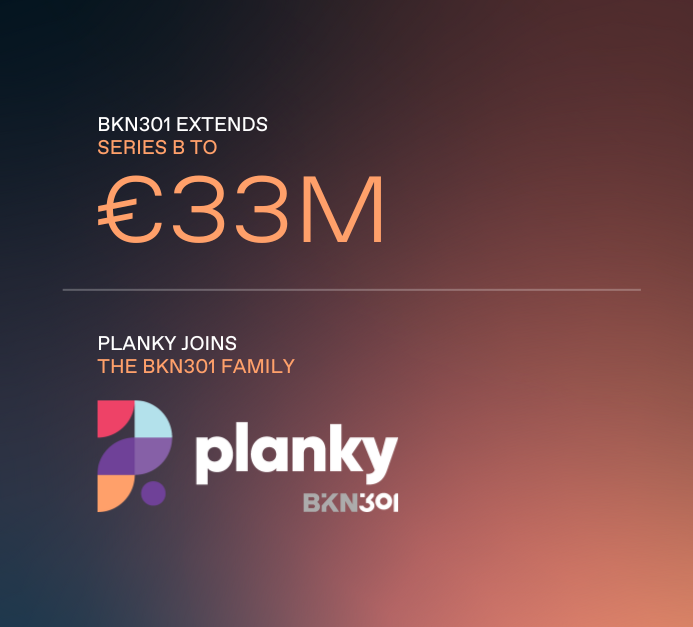A New Era for UK Fintech Regulation
The UK Government is making a bold move to support fintech growth. Last month, Technology Secretary Peter Kyle announced plans for the Regulatory Innovation Office (RIO) to work with the Digital Regulation Cooperation Forum. Their aim: cut red tape, simplify compliance, and fuel innovation through what is being called the Plan for Change.
This initiative will also back new technologies, including AI tools to help fintechs and consumer service firms navigate complex regulations. A new one-stop shop for fintech guidance is expected to make the UK an easier, faster place to innovate.
The UK’s fintech sector already attracted $3.6 billion in investment in 2024, confirming its global standing. But the government acknowledges that unlocking growth requires a more innovation-friendly regulatory system.
Why Banks Must Rethink Innovation
Question: Why do many banks still struggle with innovation?
Answer – Stiven Muccioli, CEO of BKN301:
- Most banks treat innovation as an experiment, not a core business function.
- Customers now expect the same seamless digital-first experience from banks as from tech platforms.
- Legacy mindsets and structures prevent banks from moving at fintech speed.
Innovation cannot be layered on top of outdated models — it must be embedded into the bank’s DNA, supported by infrastructure that can evolve in real time.
Can Regulation Really Boost Fintech Growth?
The creation of the Regulatory Innovation Office (RIO) could make regulation easier to navigate — one of fintech’s biggest hurdles.
But according to Muccioli, true impact requires more than paperwork:
- Tax incentives for innovation.
- Funding and training in AI, data, and cybersecurity.
- Policy consistency that encourages fintechs to scale.
The UK already has the talent and capital. The system simply needs to stop slowing it down.
Legacy Systems: Still Holding Banks Back
Question: Are legacy systems still the biggest barrier for innovative banks?
Answer: Yes. Legacy infrastructure is mission-critical but slows everything down. Banks want to innovate, but structurally they can’t — unless they adopt a new approach.
The smarter path is modular, API-driven platforms:
- Plug in new services without a full rebuild.
- Test and scale innovations faster.
- Reduce operational risk while modernising.
This is the same principle fintechs in Europe, MENA, and beyond are applying to future-proof their models.
The Role of Banking-as-a-Service (BaaS)
BaaS gives banks speed and scalability — the ability to launch services in months, not years.
- A cloud-native architecture integrates with existing infrastructure.
- Banks can customise stacks, cut delays, and achieve real agility.
- Fintechs can launch services quickly without building compliance layers from scratch.
Example: Damen Cash in Egypt used BKN301’s BaaS platform to launch a digital wallet with tokenised cards, bill payments, and a localised UX — all on a modular system ready to grow.
BKN301’s Value Proposition
BKN301 builds the infrastructure layer for financial services, targeting high-growth markets often overlooked by traditional players.
- BaaS Orchestrator: Modular, cloud-native, API-first.
- Integration: Works with legacy systems without tearing them apart.
- Coverage: Core banking, payments, card issuing, open banking — all in one stack.
- Approach: Localised, adaptive, and built for flexibility, not off-the-shelf.
For BKN301, BaaS is not just a buzzword — it is infrastructure that enables financial institutions to compete and innovate where it matters most.
The Takeaway for Banks
The UK’s push to cut fintech red tape signals a regulatory environment designed for growth. But regulation alone is not enough.
Banks must:
- Re-examine their innovation strategies.
- Move beyond legacy dependencies.
- Adopt modular, API-first, cloud-native platforms to compete with fintech speed.
Those that embrace change will lead the next wave of digital banking. Those that don’t risk falling permanently behind.









